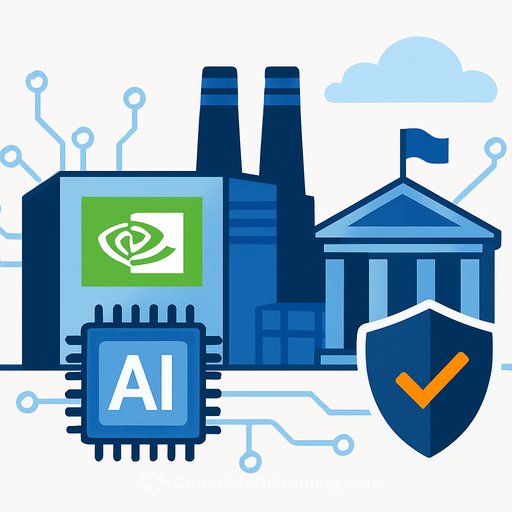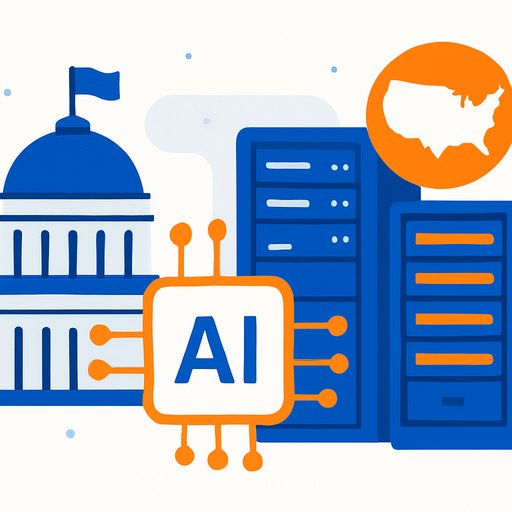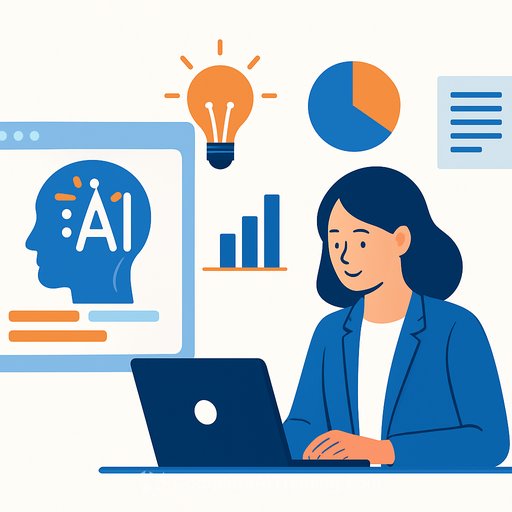Artificial Intelligence Priorities for Local Government: Data, Digital Equity, and AI
Local governments are focusing their efforts on three key areas: data, digital equity, and artificial intelligence (AI). These elements are closely linked, creating a foundation for adopting new technologies within city operations and services.
Data drives decision-making and is central to digital equity initiatives, which gained urgency during the COVID-19 pandemic. AI initiatives also rely heavily on good data, and improving data literacy helps cities adopt AI more effectively.
Data Management is Essential for AI Success
AI adoption in cities varies widely. Some local governments already integrate AI into their operations and have policies guiding its use. However, regardless of where a city stands in its AI journey, strong data management and governance are prerequisites.
Without quality data, AI tools cannot deliver reliable results. Cities recognize this and are working to organize and leverage their data better. The challenge often lies in getting started, but the benefits of evidence-based decision-making are clear to city leaders.
Digital Equity Must Keep Pace with AI Advancements
AI adds new layers to existing digital equity challenges. Individuals who face barriers to digital access and skills are at greater risk of being left behind as AI tools become more widespread. There is a gap in how communities understand AI, including its limitations and potential risks.
Many people are vulnerable to misinformation from AI-generated content because they lack the necessary digital skills to critically evaluate it. This makes digital literacy training—including AI awareness—essential for closing the digital divide.
For example, search engines now show AI-powered results that can sometimes be inaccurate or misleading. This situation highlights the need for clean, inclusive data sets to support trustworthy AI outputs.
Inclusive Data Sets Improve AI Outcomes
- Many AI systems today are trained on data that exclude certain communities.
- Inclusive and diverse data sets are critical to developing AI tools that serve all residents fairly.
- Cities are increasingly focusing on organizing their data to improve AI applications.
Good data not only supports AI but also helps identify and address barriers to internet connectivity, which disproportionately affect marginalized populations. Understanding these barriers allows local governments to allocate resources more effectively.
Connecting Communities Safely
Broadband access is now the minimum requirement for residents to engage with digital services and innovations. Beyond access, ensuring that people can use the internet safely is vital. Cybersecurity must be integrated into digital equity planning as new internet users are often the most vulnerable to cyber threats.
Protecting data and educating users about online safety are essential steps in building trust and enabling digital participation.
Getting Started: Building a Strong Data Foundation
AI adoption begins with data and digital equity. Any city, regardless of size or data maturity, can start by improving data management practices. This approach not only sets the stage for AI initiatives but also enhances the efficiency of local government operations.
Investing in data literacy and digital skills training is critical for both public employees and residents to fully benefit from AI and other emerging technologies.
For government professionals looking to expand their knowledge in AI and data, exploring targeted training courses can be a practical next step. Resources like Complete AI Training offer courses tailored to different skill levels and job roles.
Your membership also unlocks:





